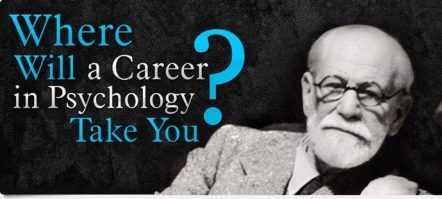Attitude and Steps Required To Getting Your Master’s Degree
Deciding to pursue a master in counseling psychology is a decision that should come from a desire to help other people with their problems and be able to help get them through difficult times in their lives. Counseling can be a very rewarding career, and helping others is a great way to make a living in today’s society.
If you are looking obtain a master in counseling psychology, you are going to be working through a program that generally takes about two years to complete after your undergraduate degree is completed. Many jobs in counseling are only available for those with either a masters degree or a Phd, so many people do stay in school longer so that they can apply for the job they really want after graduation.
If you have interest in working with people and not conducting research, then a master in counseling psychology should be sufficient for you to be able to work in the job you want. However, if your interests lie in research and academia, or working in administration, then you should certainly continue on with getting your doctoral degree.
Master’s Degree Requirements
The factors which determine whether one gets into a graduate program vary slightly by school, but in general they include grade point average, letters of recommendation, GRE(Graduate Record Exam) score, your personal statement on why you are applying to a particular program, fieldwork and other practical experience, and having taken certain required courses in your undergraduate studies, and finally how well you interview when you are interviewed by the staff of the school you are interested in attending.
The term “psychologist” is reserved only for those who are licensed in the state in which they practice, and in most states a doctoral degree is required for licensure. Most states do, however, allow those with a masters degree in psychology practice as either a social worker or counselor. Since each state varies on what they do and do not allow, it is important to research your state and what is required for working as either a psychologist or social worker or counselor in your area.
Training Programs
Many master in counseling psychology degree programs offer academic study in psychology and counseling, as well as supervised field-based learning so that students are trained to work with children, adolescents, adults, and groups or organizations. It is through classroom learning, as well as field-training that students develop knowledge in the field of counseling psychology, skills of intervention and critical analysis, as well as an understanding of both the socioculture context of individuals and human problems and the relational aspects of psychological intervention. Clinical training and coursework also help the student to gain self-awareness and an understanding of professional and ethical guidelines for practicing counseling psychology.
Below find more interesting articles about the different programs, schools, rankings and salaries.


